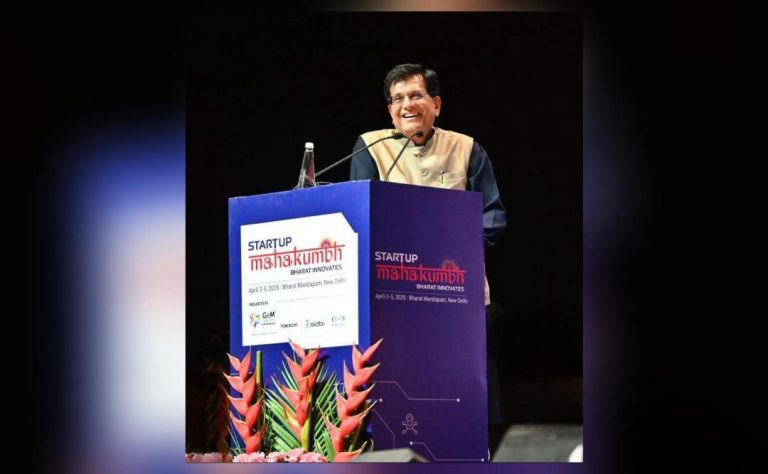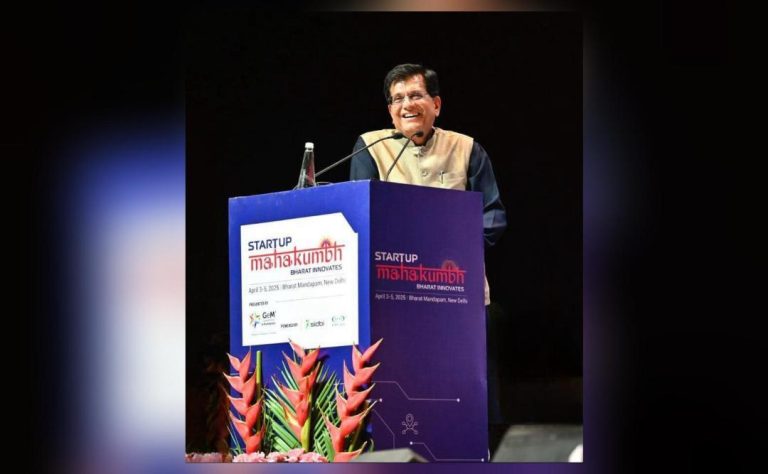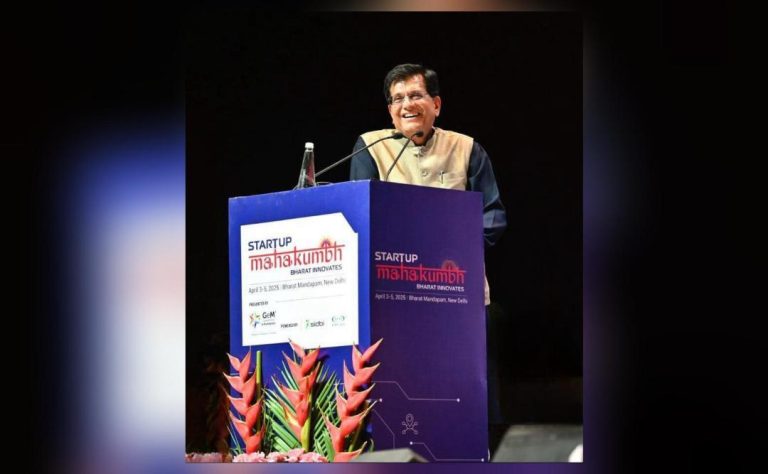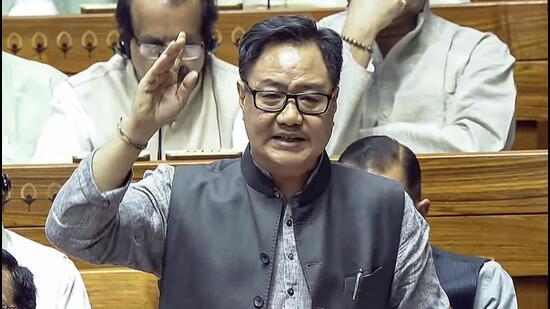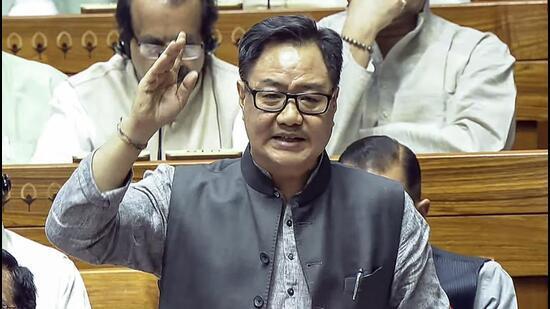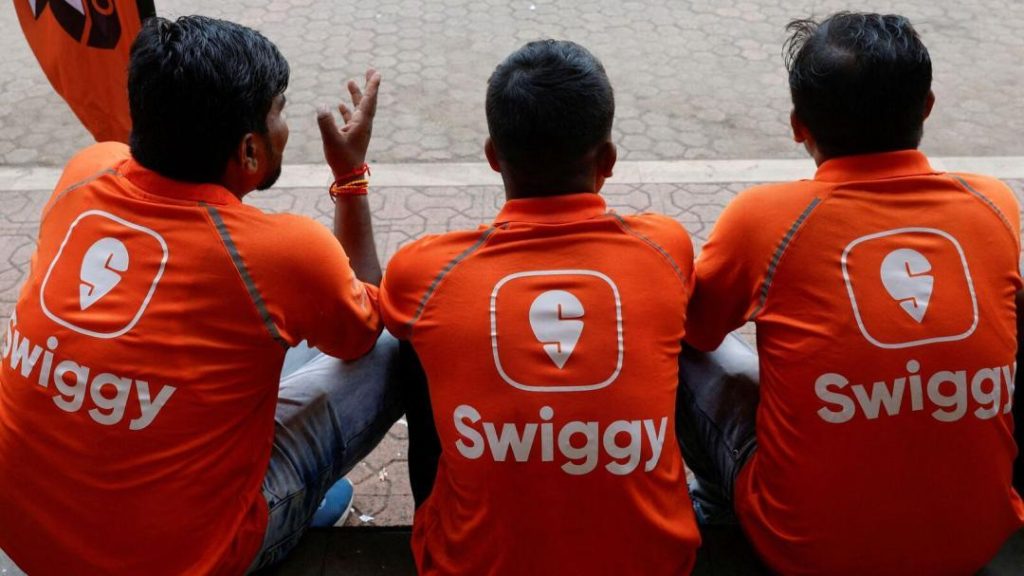
Swiggy Faces ₹158 Crore Tax Demand Over Cancellation Fees
The Indian food delivery giant, Swiggy, has been slapped with a whopping ₹158 crore tax demand by the Income Tax Department for the financial year 2021-22. The demand is linked to alleged violations related to cancellation charges paid to merchants. Swiggy has announced its plans to appeal against the demand, citing a misunderstanding of tax provisions. This development has significant implications for the digital economy, and experts suggest that the case may set a precedent for how cancellation fees are taxed in the future.
The tax demand is reportedly based on an audit conducted by the Income Tax Department, which found that Swiggy had failed to deduct and deposit taxes on cancellation charges paid to merchants. The company had allegedly not complied with the requirements of the Income Tax Act, 1961, and had not obtained the necessary approvals from the authorities.
Swiggy has maintained that the demand is unjustified and that it has followed all the necessary procedures and guidelines. In a statement, the company said, “We have been cooperating with the tax authorities and have provided all necessary information and documentation. We believe that the demand is based on a misunderstanding of tax provisions and we plan to appeal against it.”
The company has been facing intense competition in the food delivery space, and this tax demand could not have come at a worse time. Swiggy has been struggling to maintain its market share, and the tax demand could further dent its credibility and financials.
Experts believe that the case may set a precedent for how cancellation fees are taxed in the evolving digital economy. “This case highlights the importance of compliance with tax laws in the digital economy,” said Suresh Sethi, a tax expert. “Companies like Swiggy need to ensure that they comply with all the necessary requirements and guidelines to avoid any tax liabilities.”
The tax demand has also raised questions about the interpretation of tax laws in the digital economy. “The tax laws need to be updated to reflect the changing nature of business,” said Ameet Patel, a chartered accountant. “The government needs to provide clarity on how cancellation fees should be taxed, and companies like Swiggy need to ensure that they comply with the laws.”
Swiggy’s rivals, such as Zomato and Foodpanda, are also keeping a close eye on the development. They are likely to be concerned about the potential impact of the tax demand on their own financials and compliance requirements.
In conclusion, the tax demand on Swiggy is a significant development that could have far-reaching implications for the digital economy. The company’s appeal against the demand is likely to be closely watched, and the outcome could set a precedent for how cancellation fees are taxed in the future. As the government continues to evolve its tax laws to reflect the changing nature of business, companies like Swiggy need to ensure that they comply with all the necessary requirements and guidelines to avoid any tax liabilities.
Source: https://ascendants.in/industry_events/swiggy-rs-158-crore-tax-demand/
